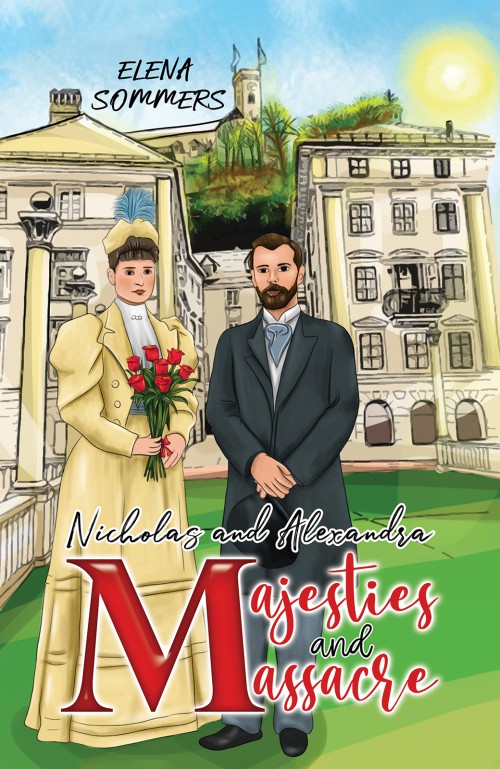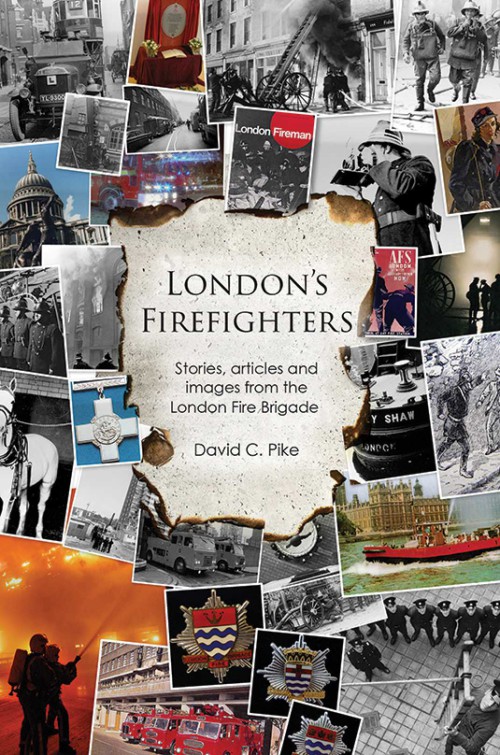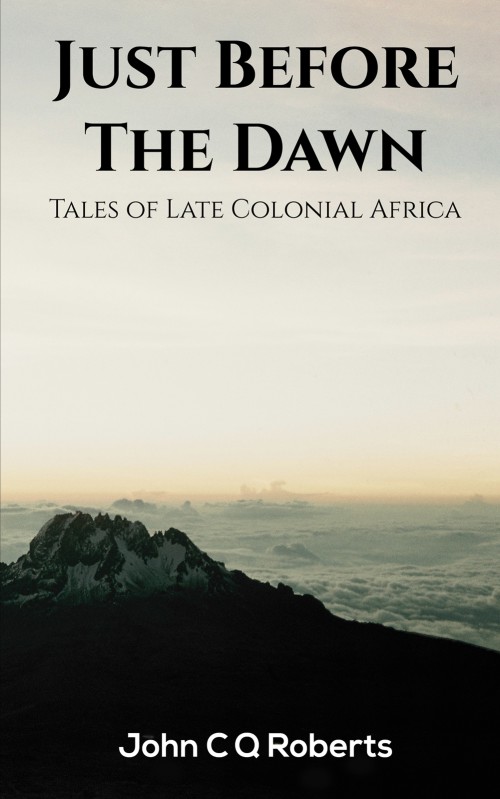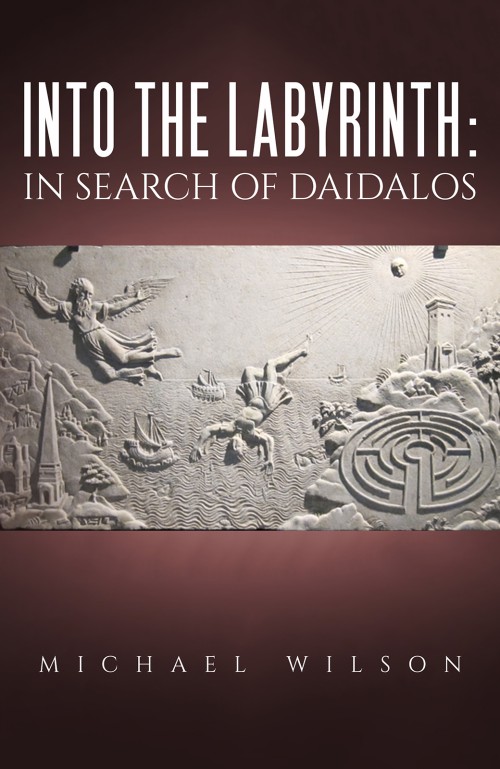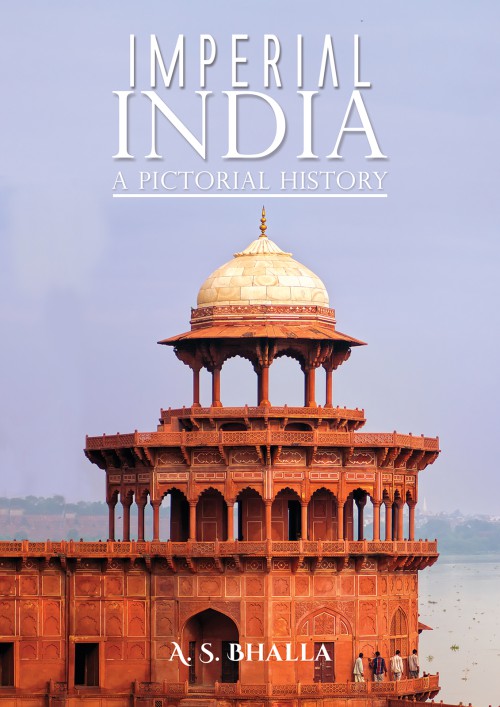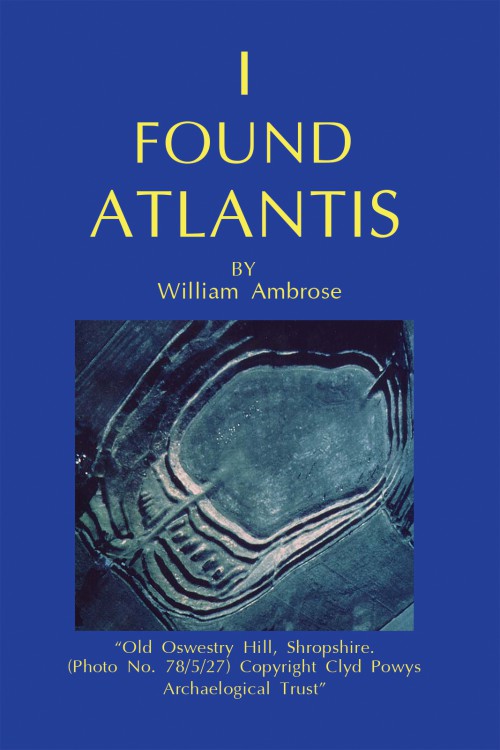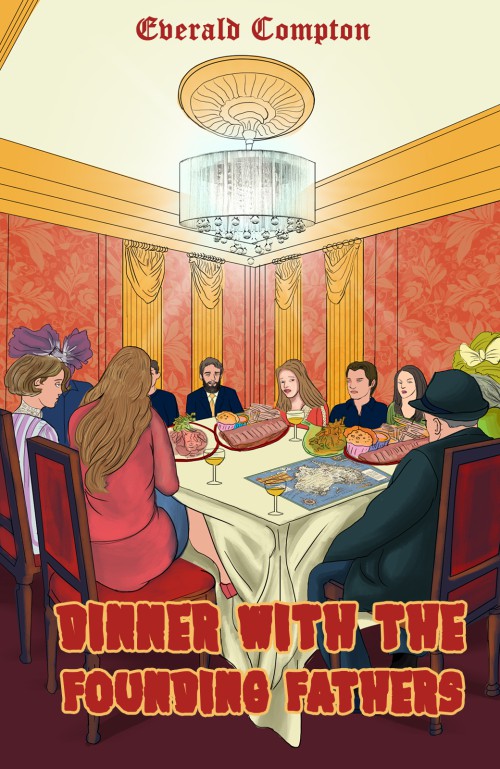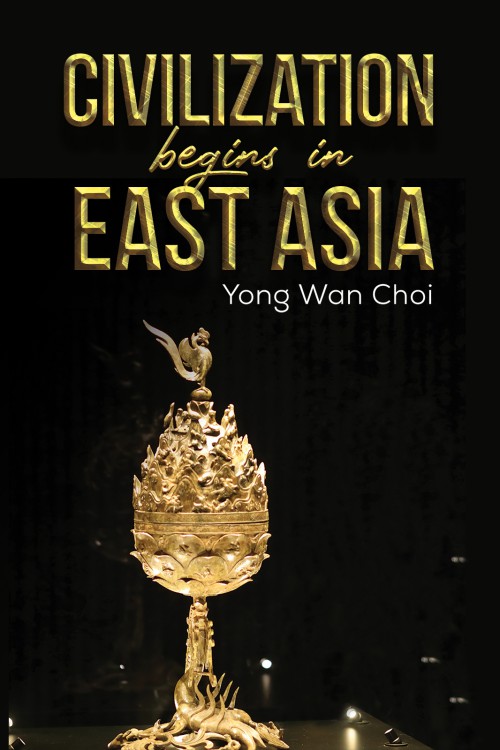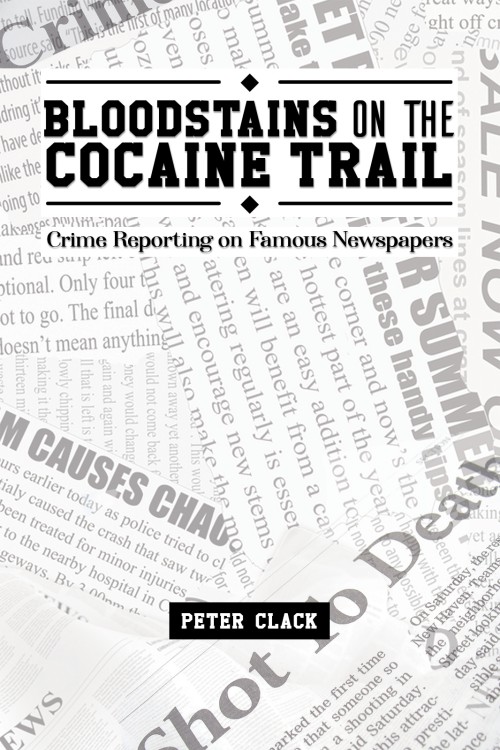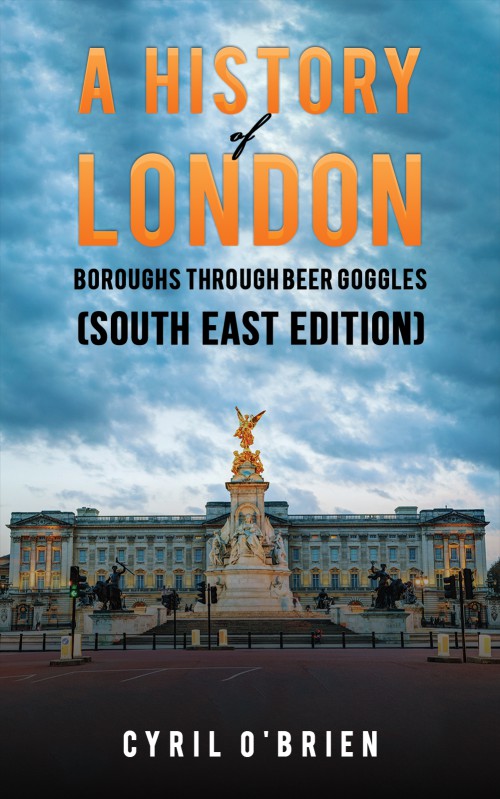Nicholas and Alexandra Majesties and Massacre
This is a book about love, life and death set in Russia, during Czar Nicholas the II’s reign. It commences at the end of the 19th century with his father’s burial and his subsequent inheritance of the Crown – with absolute power. His reign is underpinned by the strong love between him and his wife Alexandra and overshadowed by the presence of Rasputin.
But his unwise decisions lead to chaos, including the Khadynka Tragedy, Bloody Sunday, 1905 revolution and the Czar’s abdication. His family is imprisoned, first in Tobolsk and then in Ekaterinburg, and the story concludes with the communists obtaining power and executing the entire royal family.
Become entangled in the tales of love, hate, conflict, sex, treachery, and murder between the characters. Dive into a horrifying historical moment from one hundred years ago and experience for yourself life at a crucial turning point in Russia’s bloody history.

